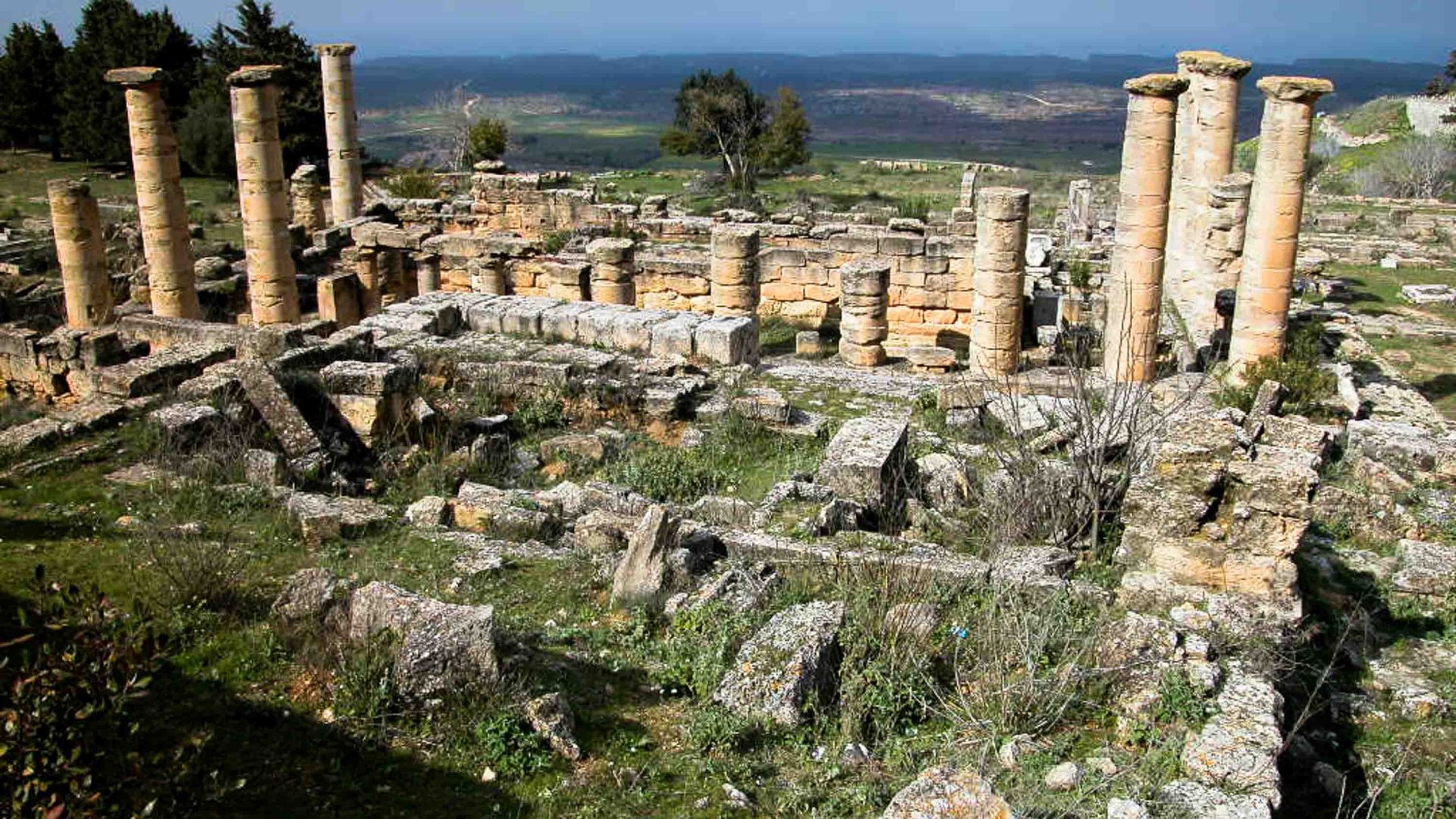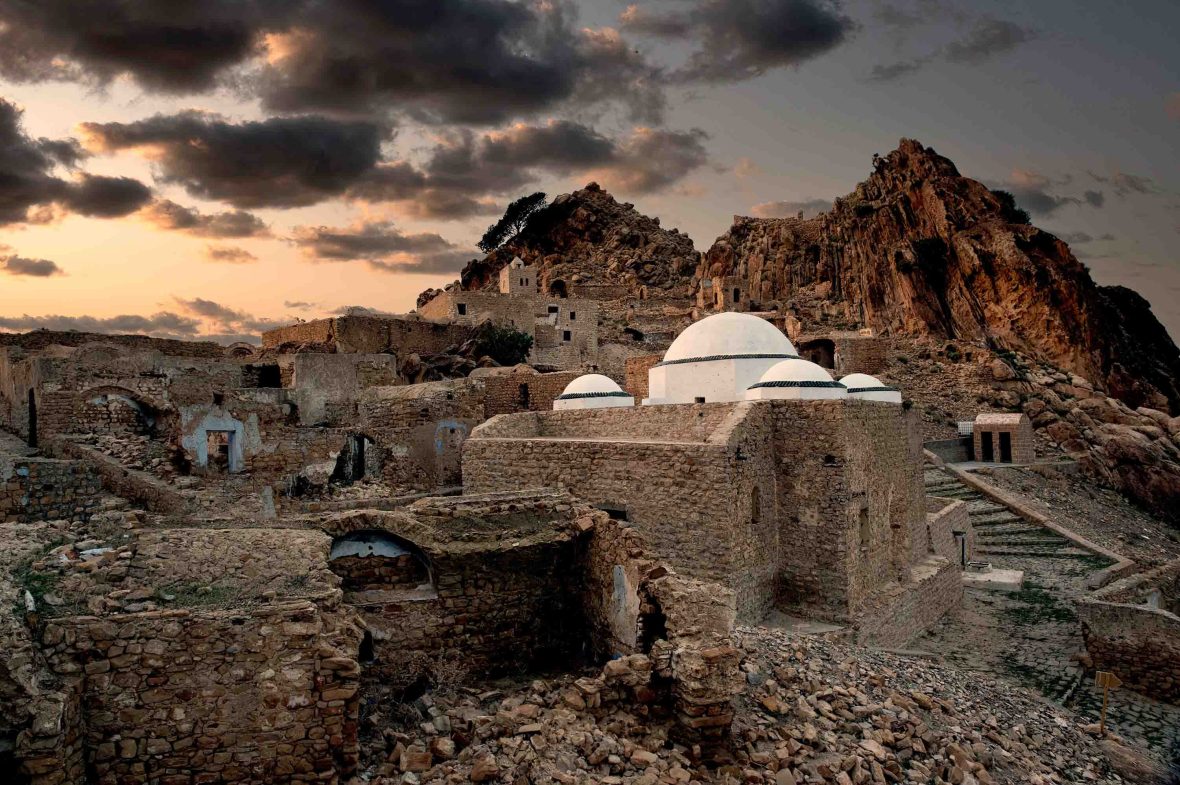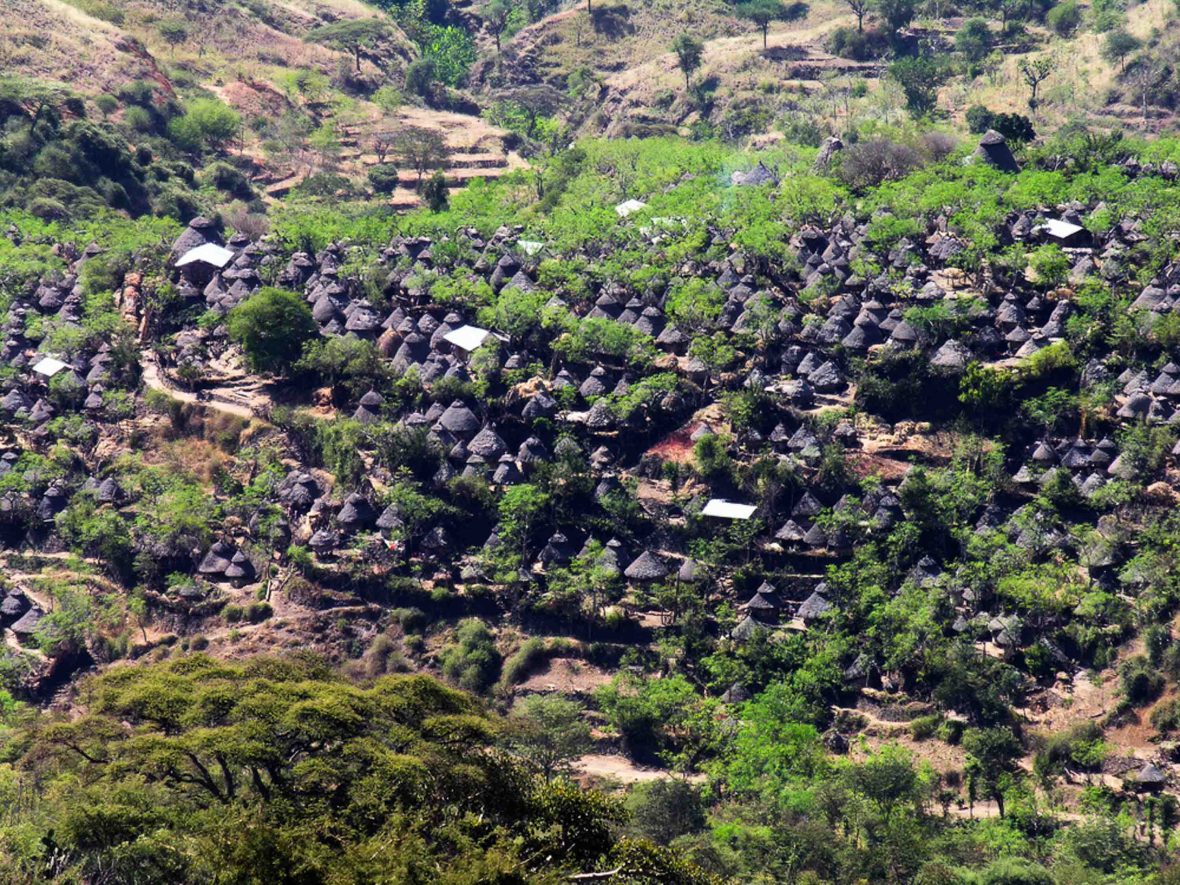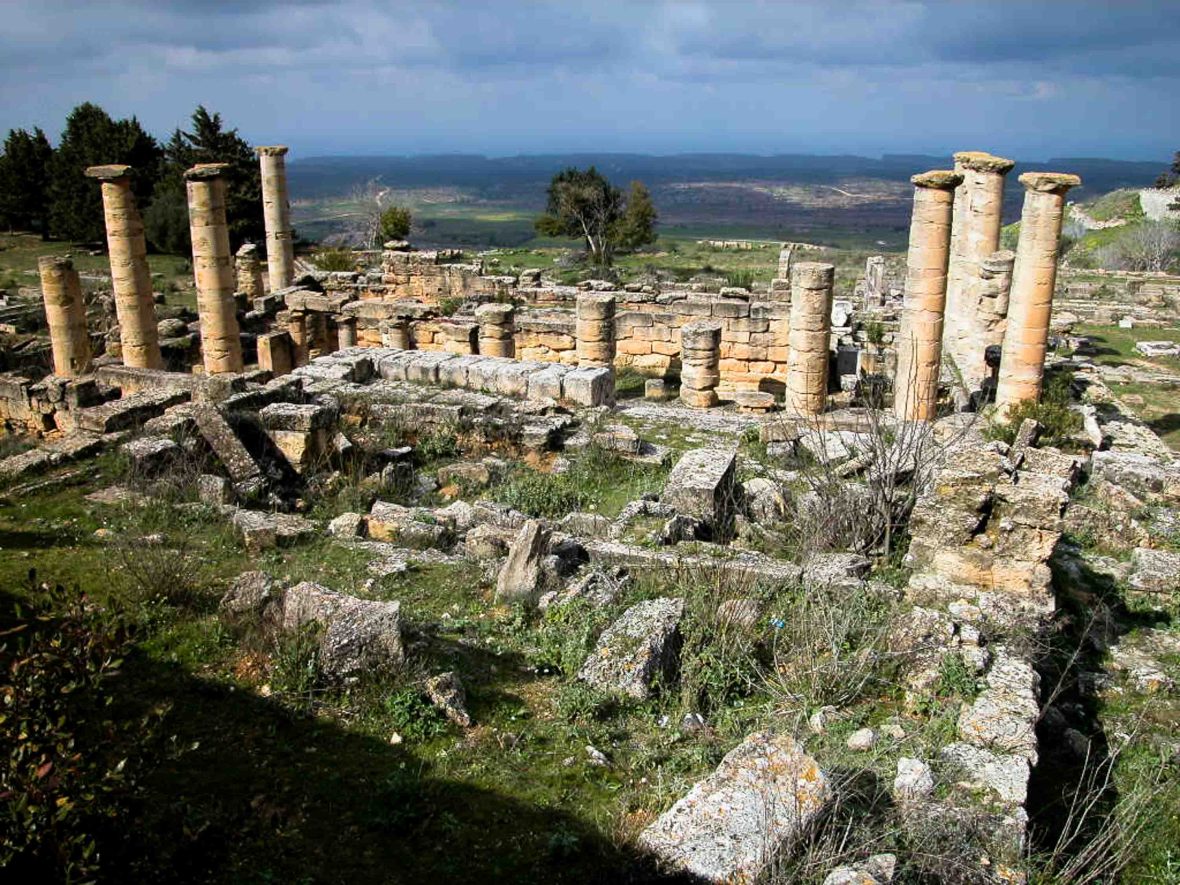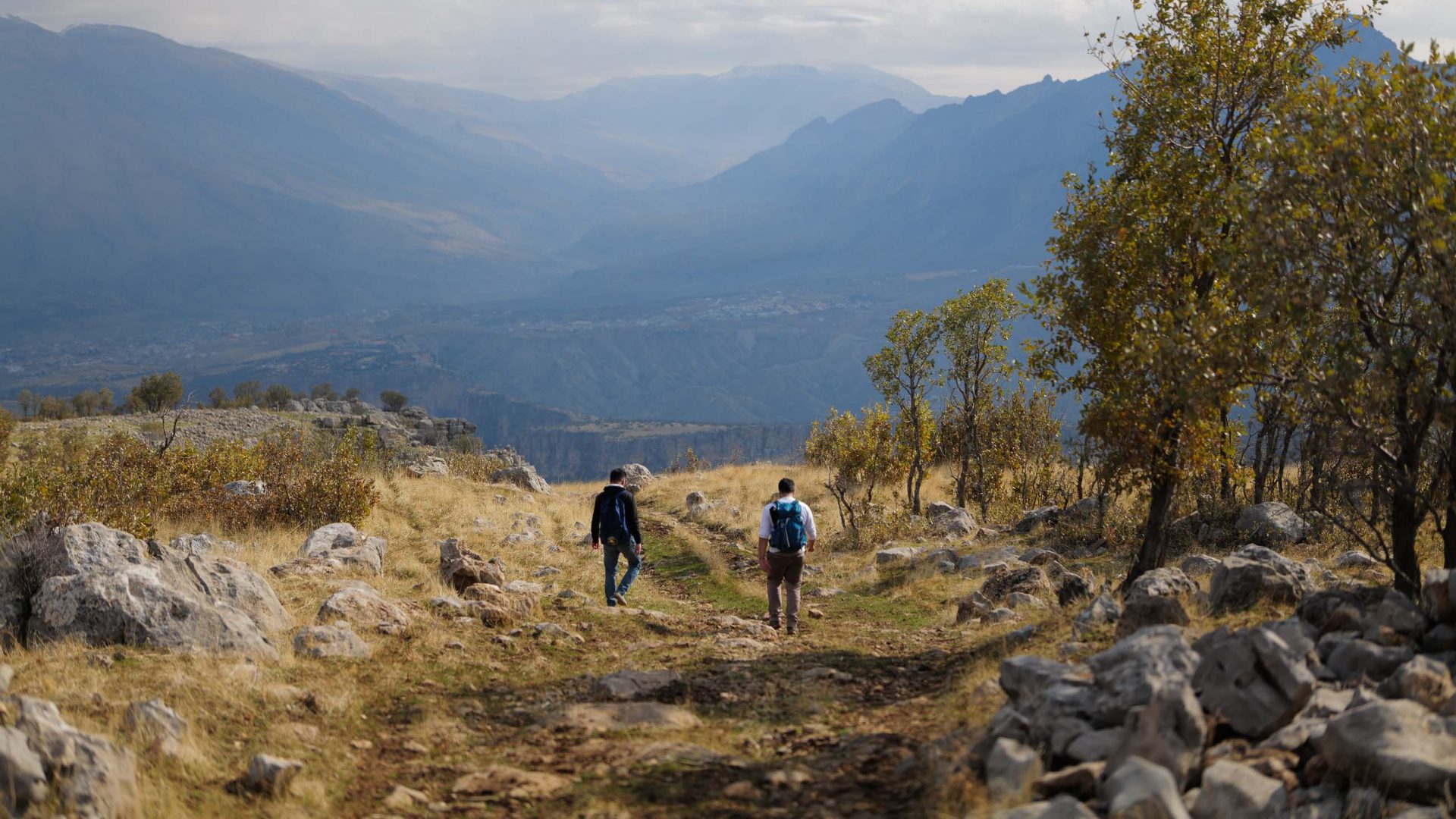The severe impacts of the pandemic on tangible and intangible cultural heritage have highlighted the fragility of world heritage, especially in the Global South. To build the resilience required to manage future health crises, conflicts, and natural disasters brought on by climate change, a more sustainable approach is needed.
First, existing political and international legal instruments must be strengthened. At present, governments rely on a range of legislative measures to protect their World Heritage Sites. In 2017, the UN Security Council unequivocally condemned the looting and smuggling of cultural good during armed conflict from Iraq and Syria. Nearly a half century earlier, UNESCO’s 1970 convention on the Means of Prohibiting and Preventing the Illicit Import, Export and Transfer of Ownership of Cultural Property prohibits the “illicit import, export and transfer of ownership of cultural property”.
Currently, 32 countries in the African region are parties to the 1970 convention, which is binding on all parties and requires that they abide by the legal standards set forth. However, its effectiveness depends heavily on local implementation and enforcement. Implementation through national laws and enforcement structures varies greatly from country to country. Nevertheless, there have been efforts in the African region to strengthen and harmonize cultural policies, and thus also to better protect African cultural properties.
Despite being under a legal obligation to ensure the protection and preservation of their nation’s cultural heritage, in times of crises, states didn’t seem to be fully able to fulfil their duties. To fill the gap, international support programs and private initiatives have stepped in to support World Heritage Sites. The initiative #SOSAfricanHeritage by the German Commission to UNESCO (DUK) has supported 34 projects in 22 African countries in 2020/2021 with up to EUR25,000 with the specific goal. Still, we must guarantee steadier public funding for sites, rather than relying on emergency responses.
As detailed, the COVID-19 pandemic had numerous negative impacts on cultural heritage. While primarily a health crisis, the pandemic hit cultural heritage hard, inflicting significant damage. during the pandemic period can be traced to the pandemic at its core and its social and economic consequences. Be it the neglect of World Heritage Sites, the decline and absence of tourism, or looting in its various forms.
This article is republished from The Conversation under a Creative Commons license. Read the original article.
